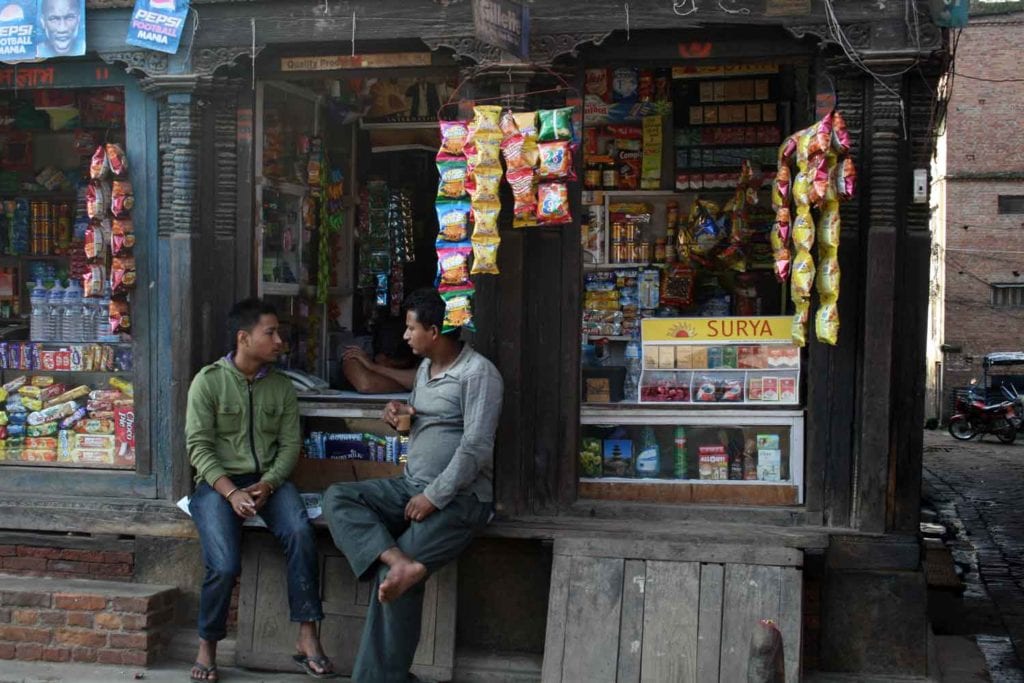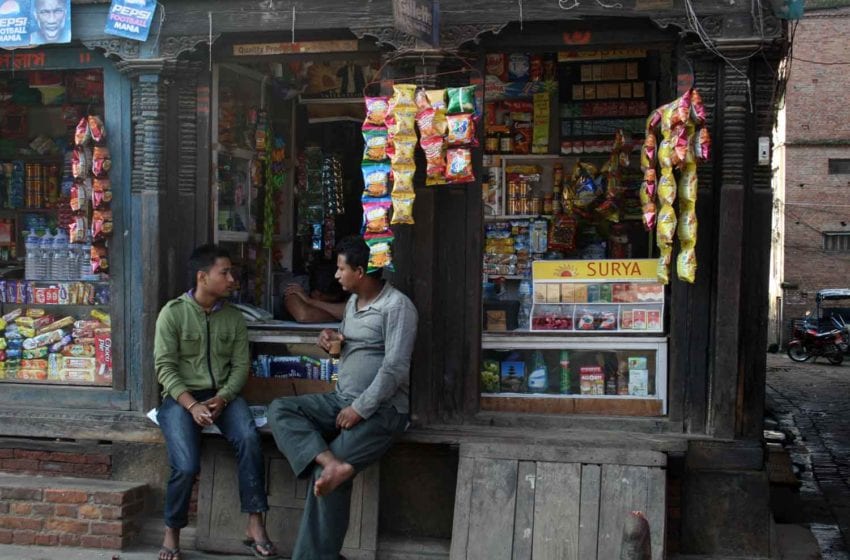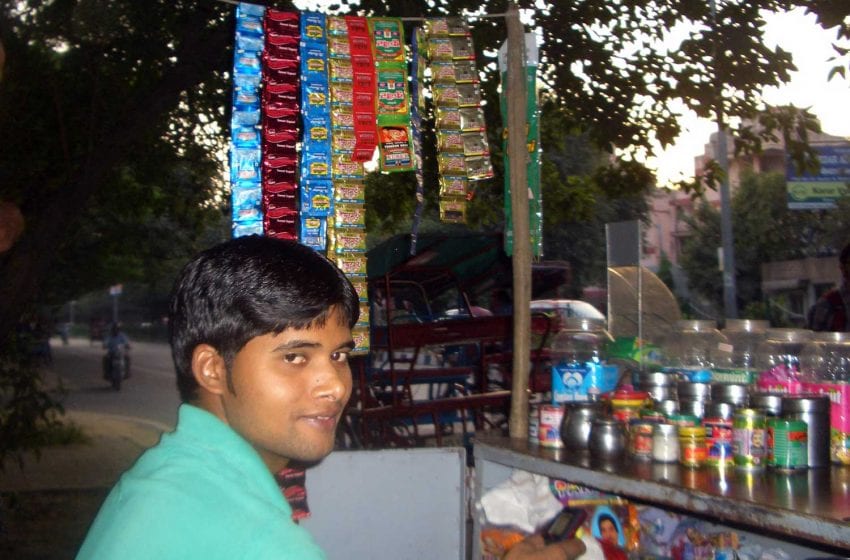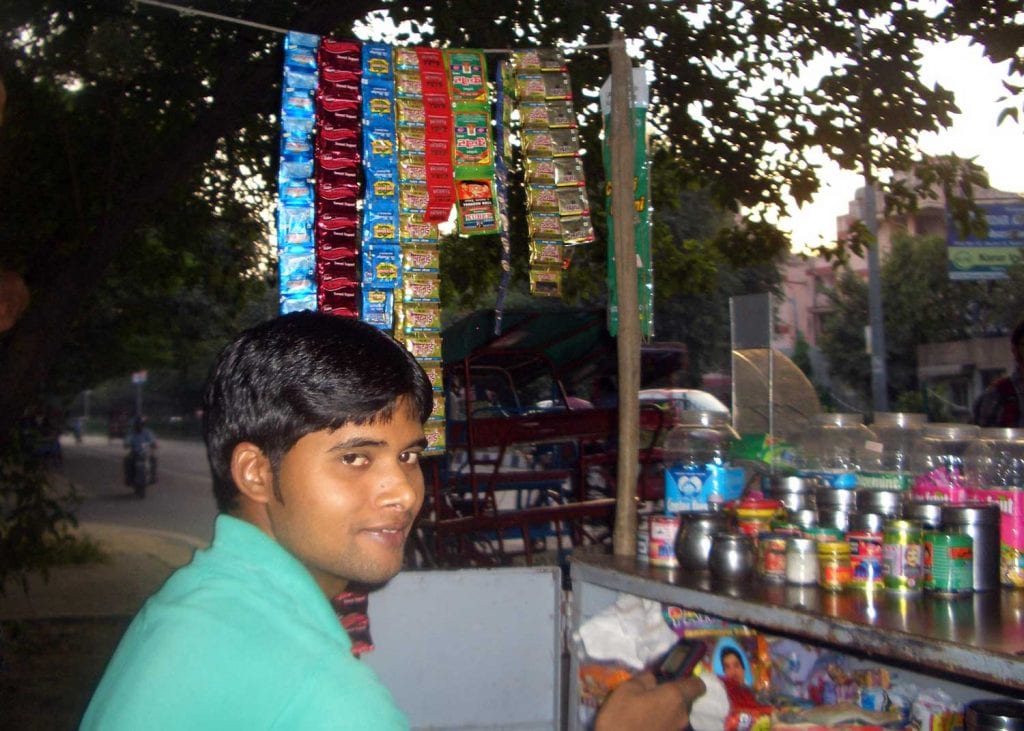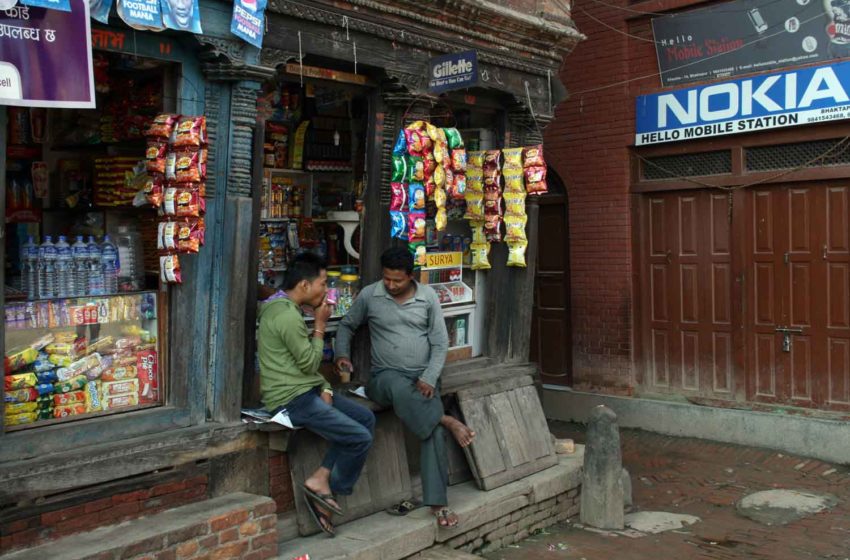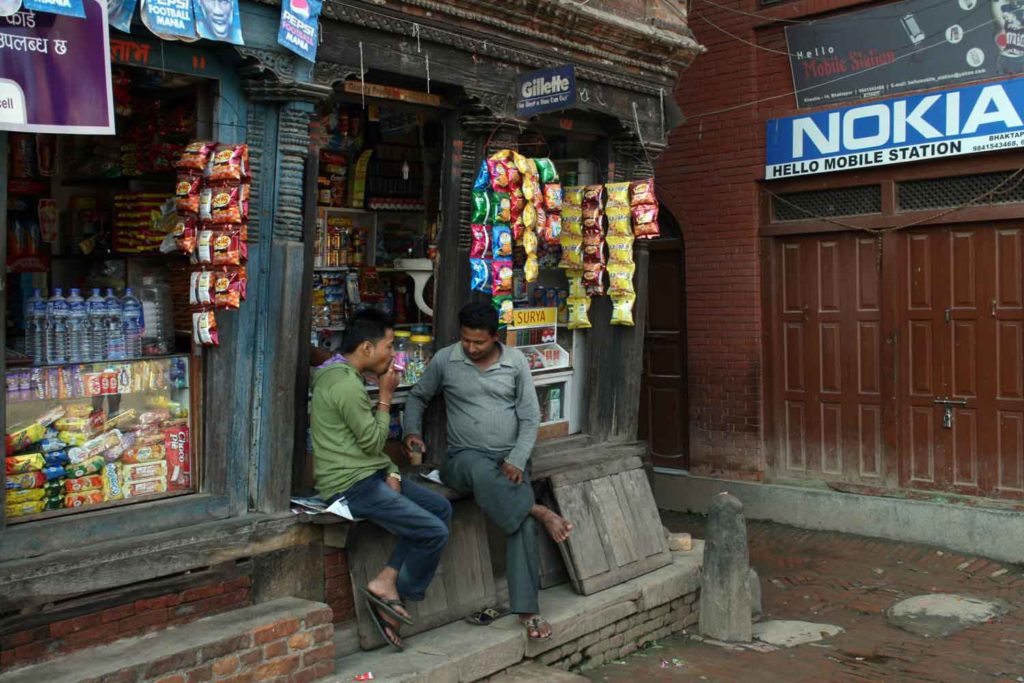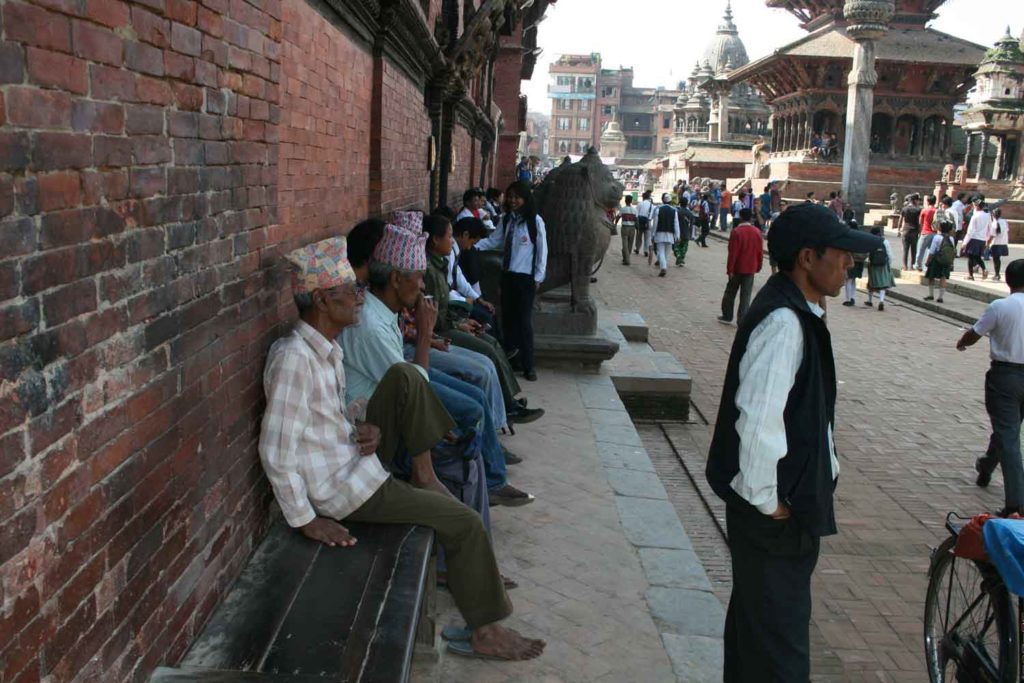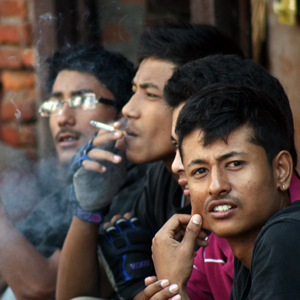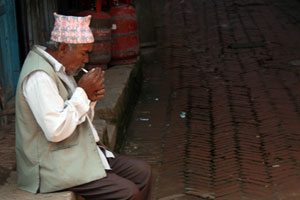After numerous failed attempts to enforce a ban on tobacco smoking and chewing in public places, the city of Kathmandu, Nepal, is to have another try, according to a story in The Kathmandu Post.
Deputy mayor Hari Prabha Khadgi, who also leads a five-member inspection committee, said she was holding consultations with representatives of the 32 wards of Kathmandu to make the drive a success.
“I’m in consultation with the ward representatives and stakeholders,” Khadgi was quoted as saying. “We have decided to run awareness programs at schools and reach every nook and corner of the city with anti-tobacco visuals and street performances.”
On February 25, 2018, Mayor Bidya Sundar Shakya announced an 18-month action plan to make Kathmandu a healthy city. However, the action plan was not followed.
Although the ban on tobacco smoking and chewing was enforced initially, the effort did not last.
The World Health Organization’s Tobacco Free Initiative had provided Rs10 million to assist Kathmandu conduct the ‘Healthy City’ campaign, and the city authorities plan to follow through on the campaign this time around.
The Tobacco Product (Control and Regulatory) Act-2011 bans smoking in public places. Anyone breaching the law is liable to a fine of Rs100 to Rs100,000, depending on the nature of the offense.
